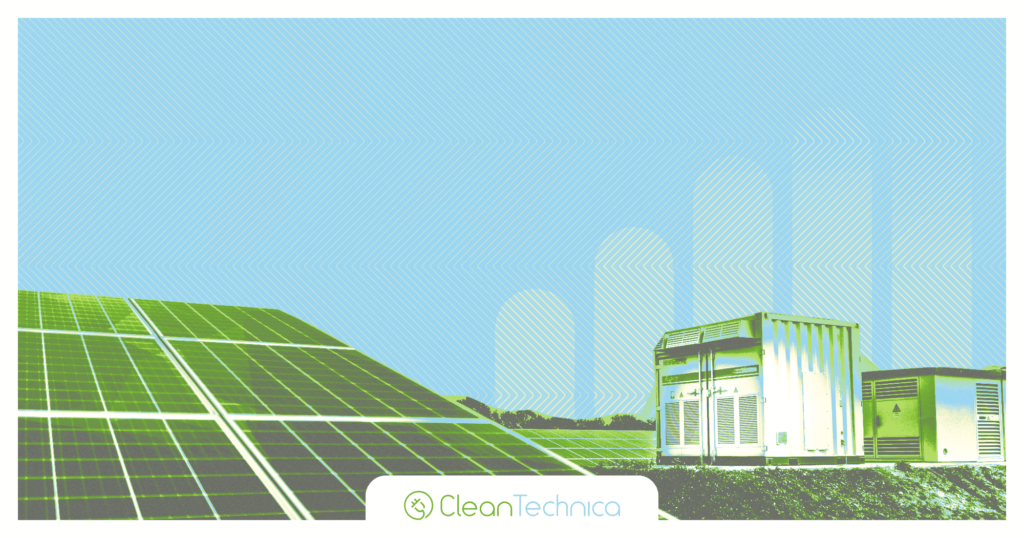New Analysis Finds Substantial Value of Adding Up to 4-Hour Duration Batteries to Solar Or Wind Power Plants
Regions Facing Transmission Congestion Benefit from Hybrid Solutions
A recent study analyzing the impact of integrating large-scale battery storage systems with solar and wind power plants in regions facing transmission congestion has revealed substantial value.
Increasing Grid Reliability
Regions with high demand growth, aging infrastructure, or insufficient transmission capacity are faced with transmission congestion. Integrating battery storage with renewable energy sources can increase grid reliability by smoothing power output fluctuations and reducing grid demand variability.
Duration of Energy Storage
The study suggests that batteries with durations up to 4 hours are economically viable and can provide a higher value than shorter-duration energy storage systems. These systems can store excess energy during periods of low demand, reducing the need for curtailment of renewable power output and minimizing energy loss due to transmission constraints.
Curtailment Avoided and Revenue Generation
As the study found, extending battery duration to 2-4 hours allows renewable power plants to increase capacity factors, reduce curtailment, and generate higher revenues. By utilizing storage capacity to manage transmission constraints, operators can recapture a significant portion of otherwise curtailed renewable energy and increase overall efficiency.
Maintenance and Operating Cost Optimization
Battery systems with higher capacities and longer durations allow for more efficient operations. They enable optimized energy delivery and reduced maintenance requirements by reducing the number of daily charge-discharge cycles and decreasing the impact of charge-related degradation.
Study Details and Methodology
The research employed a comprehensive assessment combining system-level modeling and advanced power flow analysis to analyze the impact of hybrid systems in regions with transmission constraints. The study utilized open-source data and parameters specifically designed for the specific research purpose.
Conclusion
Incorporating large-scale energy storage systems with up to 4-hour durations in regions facing transmission congestion provides significant benefits. This novel hybrid approach enhances grid reliability, reduces curtailment, and increases revenue potential while optimizing maintenance and operating costs. As the adoption of renewable energy continues to accelerate, this integration model has the potential to contribute significantly to a cleaner and more efficient energy mix.
Frequently Asked Questions
What is the significance of region-specific analysis?
The study highlighted the importance of regionalized analysis, as different locations may have varying levels of transmission congestion, infrastructure ages, and renewable energy outputs.
Can shorter-duration battery storage systems be economically viable?
The study suggests that longer-duration battery storage systems offer greater economic value in regions facing transmission congestion, whereas shorter-duration systems might have limited benefits.
Will there be a need for major infrastructure upgrades?
The research didn’t address infrastructure upgrades in the context of hybrid renewable-energy storage systems, suggesting that existing infrastructure may remain functional with minor adaptations in regions with transmission constraints.







